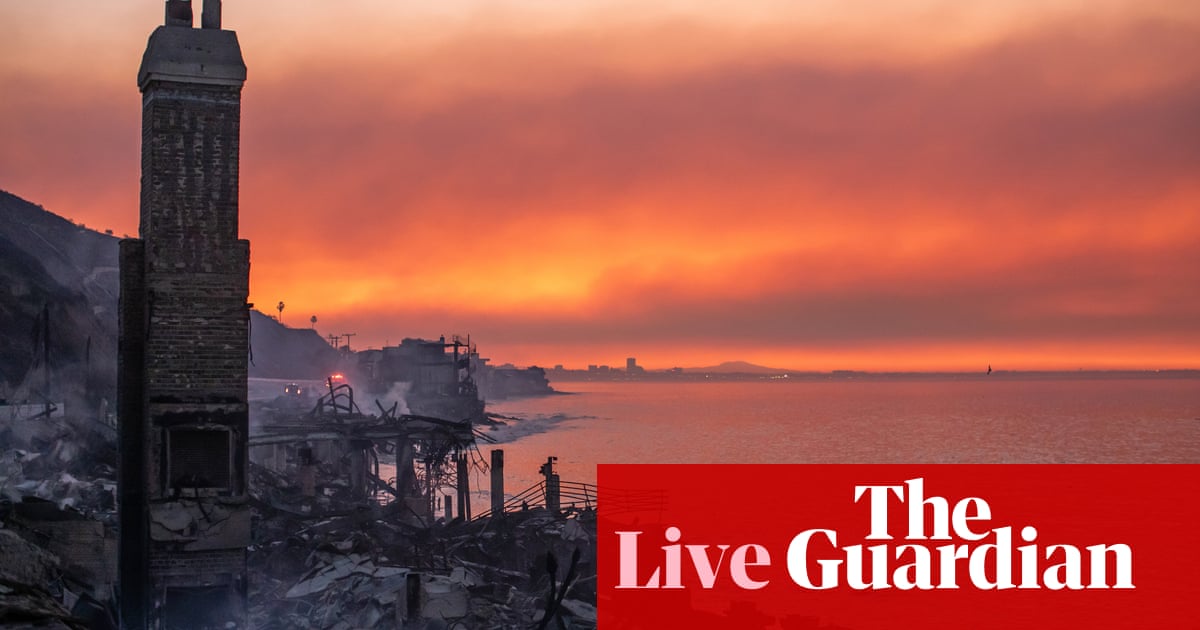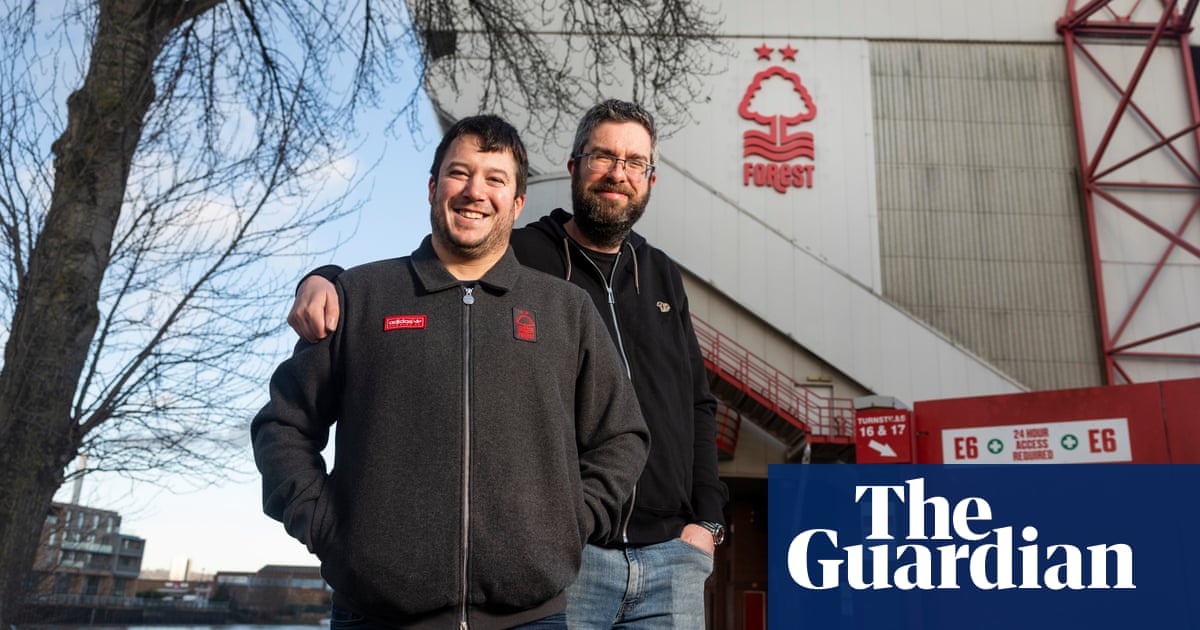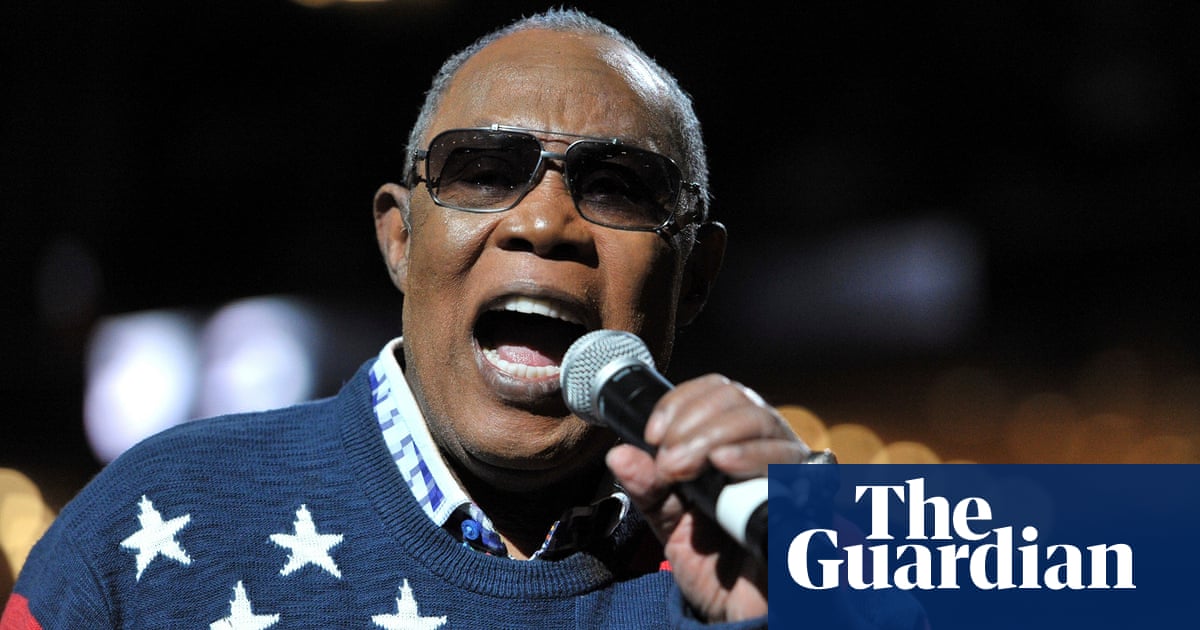Oulu is five hours north from Helsinki by train and a good deal colder and darker each winter than the Finnish capital. From November to March its 220,000 residents are lucky to see daylight for a couple of hours a day and temperatures can reach the minus 30s. However, this is not the reason I sense a darkening of the Finnish dream that brought me here six years ago.
In 2018, moving to Finland seemed like a no-brainer. One year earlier I had met my Finnish partner while working away in Oulu. My adopted home of Italy, where I had lived for 10 years, had recently elected a coalition government with the far-right Matteo Salvini as interior minister, while my native UK had voted for Brexit. Given Finland’s status as a beacon of progressive values, I boarded a plane, leaving my lecturing job and friends behind.
Things have gone well. My partner and I both have stable teaching contracts, me at a university where my mostly Finnish colleagues are on the whole friendlier than the taciturn cliche that persists of Finns (and which stands in puzzling contradiction to their status as the world’s happiest people).
Notwithstanding this, I feel a sense of unease as Finland’s prime minister Petteri Orpo’s rightwing coalition government has set about slashing welfare and capping public sector pay. Even on two teachers’ salaries my partner and I have felt the sting of inflation as goods have increased by 20% in three years. With beer now costing €8 or more in a city centre pub, going out becomes an ever rarer expense.
Those worse off than us face food scarcity. A survey conducted by the National Institute for Health and Welfare found 25% of students struggling to afford food, while reductions in housing benefit mean tenants are being forced to move or absorb the shortfall in rent payments. There are concerns that many unemployed young people could become homeless.
Healthcare is faring little better. Finland’s two-tier system means that while civil servants and local government employees (including teachers) paradoxically enjoy private health cover, many other people face long waiting lists. Not having dental cover on my university’s plan, I called for a public dental appointment in April. I was put on callback and received a text message stating I’d be contacted when the waiting list reopened. Six months later, I am still waiting. A few years ago I could expect to wait two months at most.
The current government, formed by Orpo’s National Coalition party (NCP) last year in coalition with the far-right Finns party, the Swedish People’s party of Finland and the Christian Democrats, has been described as “the most rightwing” Finland has ever seen – a position it appears to relish.
Deputy prime minister and finance minister Riikka Purra – the Finns’ party leader – has been linked to racist and sometimes violent comments made online back in 2008. The party’s xenophobia is clearly influencing policymaking and affecting migrants. As a foreigner, I’d be lying if I didn’t admit to feeling a certain chill as anti-immigrant rhetoric ramps up.
A survey by the organisation Specialists in Finland last year found that most highly qualified workers would consider leaving Finland if the government’s planned tightening of visa requirements went ahead (that proposal, which extended residence time required for Finnish citizenship from four to as many as eight years has now become law). Luckily, I am a permanent resident under the Brexit agreement.
With the coalition intent on ending Finland’s long history of welfarism in just one term, there is a risk (and hope among progressives) that it may go too far, inviting a backlash. We arguably saw signs of this in the European election in the summer, when Li Andersson won the highest number of votes for an EU election candidate in Finland. Andersson, who was education minister in Sanna Marin’s former centre-left coalition government (which lost to the NCP in April 2023), ran on a progressive red-green ticket of increased wealth equality and measures to tackle the climate crisis. She has also been critical of emergency laws blocking asylum seekers from crossing Finland’s eastern border, arguing that it contravenes human rights obligations.
Andersson’s party, the Left Alliance, chose a new leader this month, the charismatic feminist author Minja Koskela, who was elected to Helsinki’s council in 2021 after a period as secretary of the Feminist party, and as a member of parliament in 2023. Koskela argues: “People are widely frustrated with the government’s discriminatory policy and cuts to culture, social and health services, education and people’s livelihood. It is possible to turn this frustration into action.” (Full disclosure: I’m a member of the party and have helped coordinate its local approach to immigrants.)
after newsletter promotion
It remains to be seen if she can build on Andersson’s EU success. Although the popular media-savvy figure appears to relish the challenge of turning the party into an election winner, Koskela faces a huge challenge. The party struggles to poll at more than 10% nationally, aside from a brief high of 11% in July. A place in government is nonetheless possible. But Marin’s Social Democratic party (SDP) of Finland (now led by Antti Lindtman), has topped the national opinion polls 12 out of 14 times since April 2023.
Meanwhile, the Finns party is polling at 16%, down from the 20.1% vote they gained in the election. These figures point to one thing: another possible SDP-led coalition government in the next parliament by the summer of 2027. This would probably include the Left Alliance and the Green League, among others. And such a coalition would aim to undo a lot of the damage done by the right.
But until then, there will be more damage to come. So while there is clearly hope for an end in sight to the country’s political darkness three years hence, this will bring little solace now to poor people, migrants, and the squeezed middle class as the long Finnish winter closes in.
-
Mike Watson is a media and art theorist and educator born in the UK and based in Finland. His latest book is Hungry Ghosts in the Machine: Digital Capitalism and the Search for Self

.png) 2 months ago
16
2 months ago
16













































